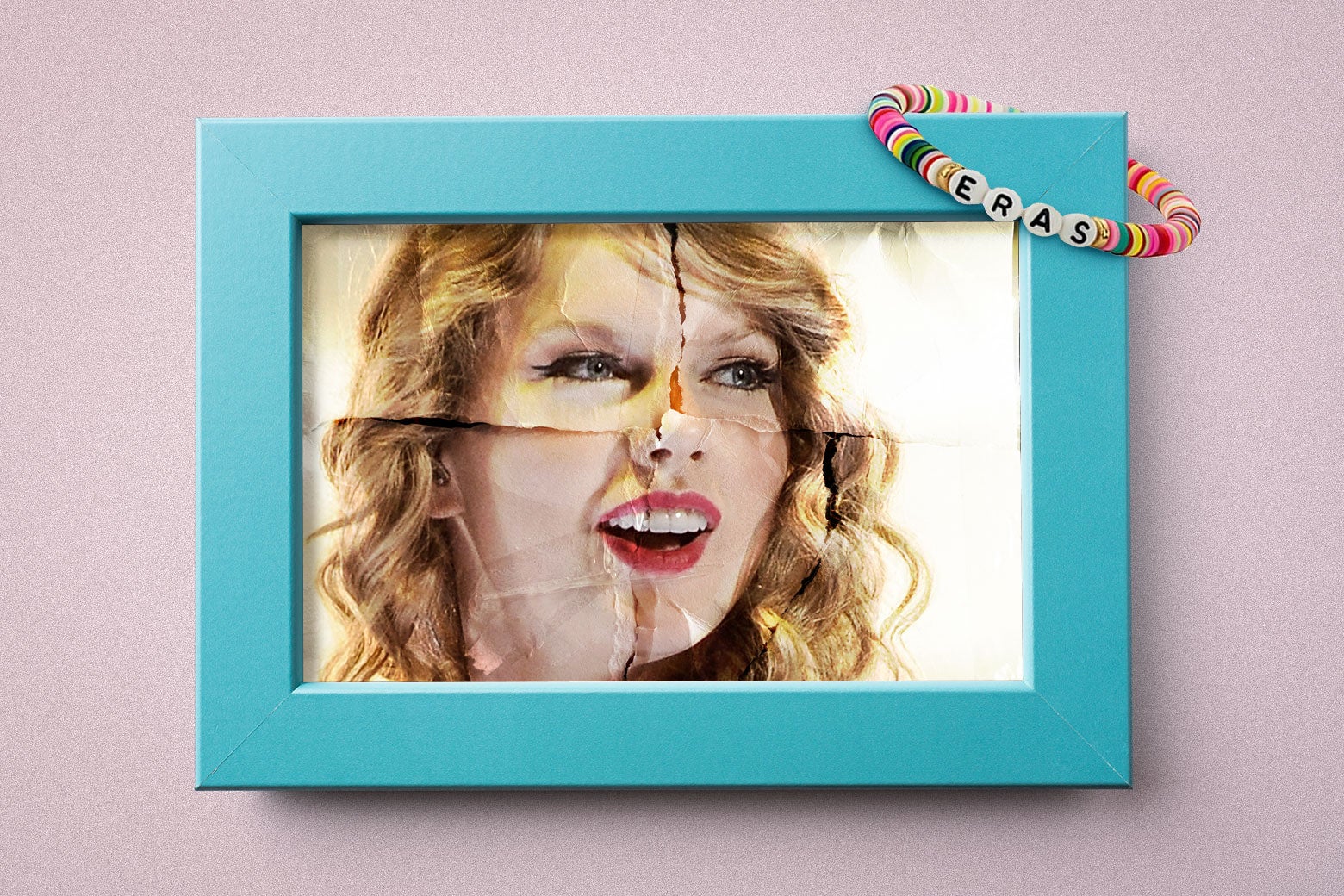
Business
The 12 places in Wales where house prices are falling – with one area the worst by far
Entertainment
‘It came from her home garden!’
Rwanda: Migrants in Dunkirk say they are undeterred by UK policy
U.K.
Image caption, James said he had taken risks travelling to Europe by boat Article information Author, Jacob Panons Role, BBC News, South …
Iran foreign minister downplays Israeli attack and says drones used ‘like children’s toys’ | World News
World
Experts say Israel’s modest attack appears designed to avoid any more escalation, and for now it appears to have dampened fears of …
XRP price prediction – How to stop altcoin from dipping under $0.50?
Business
XRP erased some of its losses but data showed that it might not be enough While some traders bought the dip, the …
Apple iPhone 16 Pro Camera Upgrade Includes Latest Cutting-Edge Technology
Technology
Updated April 20: article originally posted April 18. It may be an expected upgrade, but the next iPhone will push the smartphone …
How Taylor Swift takes aim at ex Matty Healy on The Tortured Poets Department
Entertainment
Sign up to Roisin O’Connor’s free weekly newsletter Now Hear This for the inside track on all things music Get our Now …
F1 Chinese Grand Prix LIVE: Qualifying updates in Shanghai as Lewis Hamilton is out in Q1
Sports
Fernando Alonso insists Mercedes does ‘not feel very attractive’ for 2025 Formula 1 returns to China after a five-year absence as the …
Neutrinos Challenge Everything We Know About Physics
Science
In the 1930s, the concept of neutrinos emerged to explain missing energy and momentum in nuclear beta decay, leading to their eventual …
Popular Grimsby man who survived childhood polio, a heart attack and being struck by lightning sadly dies from cancer aged 74
Health
A loving tribute has been paid to popular Grimsby man Rowland Taylor who has sadly passed away after a battle with cancer. …


















